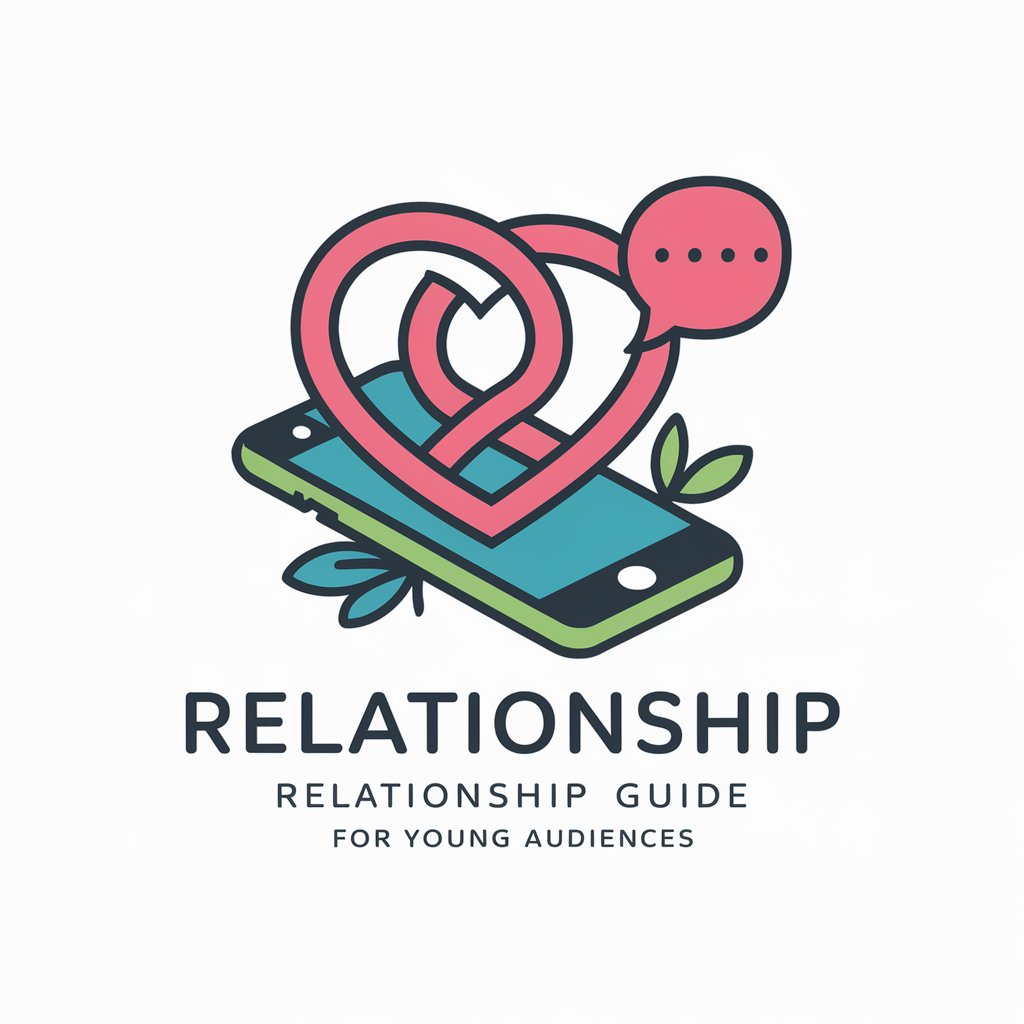7 GPTs for Emotional Intimacy Powered by AI for Free of 2026
AI GPTs for Emotional Intimacy are advanced tools designed to simulate human-like interactions, focusing on establishing a sense of closeness and personal connection. These GPTs (Generative Pre-trained Transformers) leverage deep learning to understand and respond to users' emotional needs, offering support, companionship, and personalized interaction. Their relevance lies in their ability to engage in conversations that mimic human empathy and understanding, making them particularly suited for tasks and topics related to emotional intimacy.
Top 7 GPTs for Emotional Intimacy are: Marriage Counseling,Love Guide,婚姻性福,Modern Marriage Coach,Relationship Advisor for Marriage,Couples Coach Conversational,Universal Marriage Counselor (UMC)
Marriage Counseling
Empowering relationships with AI insights

Love Guide
Empowering Love with AI

婚姻性福
Strengthening Bonds, Enhancing Happiness

Modern Marriage Coach
Empowering Relationships with AI

Relationship Advisor for Marriage
Empowering Marital Success with AI

Couples Coach Conversational
Empowering relationships through AI

Universal Marriage Counselor (UMC)
Empowering relationships with AI-driven counseling

Essential Attributes of Emotional Intimacy AI
These AI tools boast remarkable adaptability, enabling them to range from providing simple companionship to facilitating complex emotional support systems. Key features include sophisticated language understanding, empathy simulation, and context-aware responses. Specialized functions may encompass mood detection, adaptive learning to users' emotional states, and the ability to engage in therapeutic conversations. Their capacity to integrate with technical support, web searching, image creation, and data analysis tools further enhances their utility in delivering personalized emotional support.
Who Benefits from Emotional Intimacy AI
The primary beneficiaries include individuals seeking emotional support, therapists and counselors leveraging AI for enhanced client interaction, and developers creating apps focused on mental health and well-being. These tools are designed to be user-friendly for those without technical backgrounds, offering intuitive interfaces and guidance. Simultaneously, they provide powerful customization options for users with programming skills, enabling them to tailor the AI to specific needs.
Try Our other AI GPTs tools for Free
Menu Visualization
Discover AI-powered Menu Visualization tools designed to revolutionize your menu design with tailored, engaging, and visually appealing layouts.
Hygiene Education
Discover how AI GPTs revolutionize hygiene education, offering personalized, accessible, and up-to-date learning experiences for everyone.
Demand Analysis
Discover how AI GPTs for Demand Analysis can transform your market forecasting with accurate, data-driven insights.
Compliance Audits
Discover AI-powered GPT tools for Compliance Audits, designed to automate, enhance, and transform your compliance processes with cutting-edge technology.
K-pop Culture
Discover AI GPTs for K-pop Culture, your go-to digital companion for engaging with K-pop through advanced AI technology. Tailored for fans and professionals alike.
Reward Customization
Discover how AI GPTs for Reward Customization can transform your engagement strategies with personalized rewards, enhancing loyalty and satisfaction across various industries.
Expanding the Horizons of Emotional Intimacy AI
The customization capabilities of GPTs allow for their integration into various sectors, including healthcare for patient support, education for enhancing emotional learning, and customer service to improve client relations. User-friendly interfaces and the potential for seamless integration with existing systems or workflows significantly broaden their applicability, making them valuable tools across multiple domains.
Frequently Asked Questions
What exactly are AI GPTs for Emotional Intimacy?
AI GPTs for Emotional Intimacy are specialized AI models trained to understand and engage in emotionally supportive conversations, simulating human-like empathy and connection.
How do these AI tools adapt to different users' emotional needs?
Through machine learning algorithms, these AI tools analyze conversation patterns, mood indicators, and user feedback to adapt their responses, ensuring relevance and emotional support tailored to the individual's current state.
Can these AI models truly understand human emotions?
While they cannot experience emotions, these AI models are designed to recognize and respond to emotional cues in a manner that mimics human understanding, based on vast datasets of emotional interactions.
Are there privacy concerns with using Emotional Intimacy AI?
Yes, privacy is a major concern. Providers typically implement strict data protection measures, but users should review privacy policies to understand how their data is used and protected.
How can developers customize these AI tools?
Developers can use APIs and SDKs provided by the AI tools to integrate and customize functionalities, tailoring the AI's responses and capabilities to specific application requirements.
Is there a cost to using these AI GPTs tools?
Costs can vary widely, from free limited-use models to subscription-based services for more advanced features and customization options.
Can these tools replace human therapists or counselors?
No, these tools are designed to supplement human support, not replace it. They can provide immediate, accessible emotional support but cannot replicate the depth of human therapeutic relationships.
What technical support is available for users?
Most providers offer extensive documentation, tutorials, and customer support services to assist users in implementing and troubleshooting the AI tools.